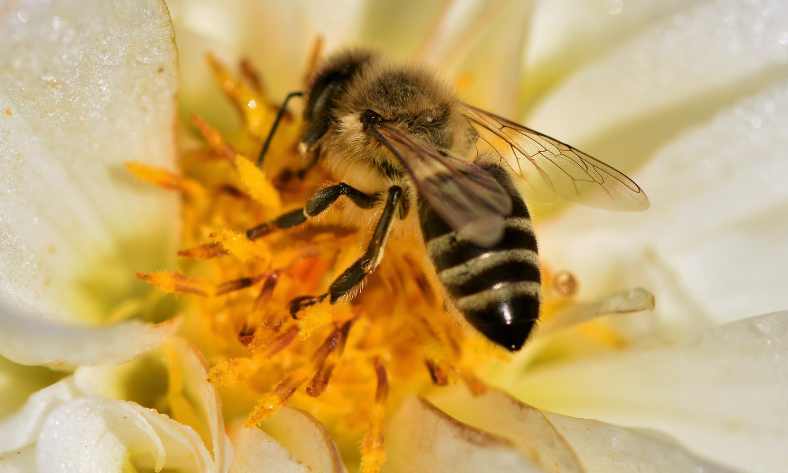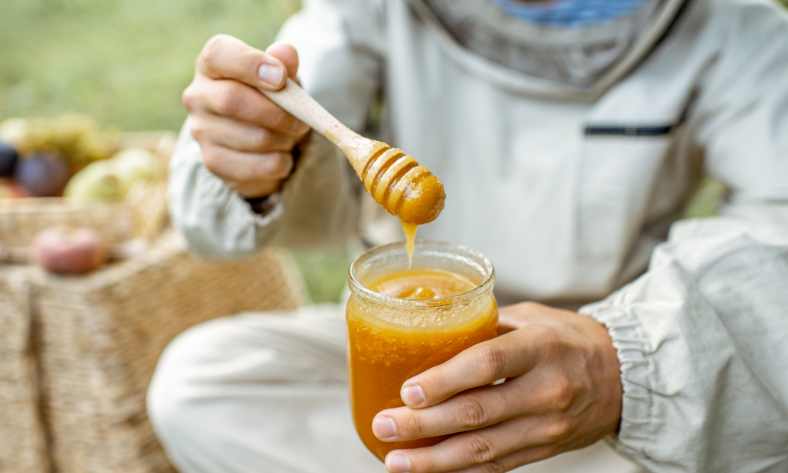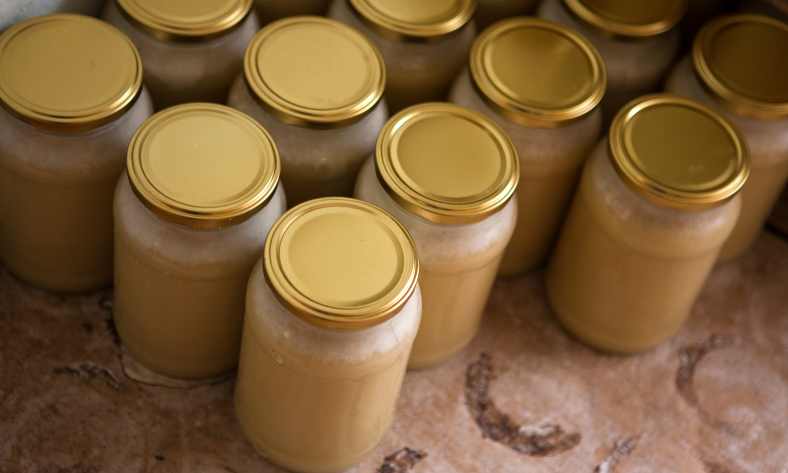Beekeeping is often thought of as a simple hobby, but it can actually have a big impact on the economy.
Beekeepers help to pollinate crops, which can lead to higher yields and more food production. They also produce honey, which is a valuable product in many industries.
Beekeeping can provide employment opportunities and generate income for rural communities. In this blog post, we’ll explore how beekeeping helps the economy and why it’s important to support beekeepers.

Why is beekeeping so important to the economy?
Beekeeping and its overall (including economic) benefits
Beekeeping is a highly beneficial activity that provides many advantages to those involved and to the country they reside in.
It’s an essential part of agriculture as honeybee populations continue to decline, so it not only helps protect this vital species but also boosts its numbers. In addition, beekeeping is economically important as it can lead to increased productivity in agricultural crops due to pollination, meaning a greater potential for profits for both farmers and beekeepers themselves.
Honey bees are an integral part of our ecosystem, so why not do your part by investing in beekeeping? Not only will you be protecting these fascinating creatures, you will also be making a wise economic decision as well!
Beekeeping can help the economy by providing jobs and produce
Beekeeping is an important economic contributor in many countries around the world, providing jobs and profitable produce. In fact, bees are estimated to contribute up to $217 billion a year worldwide to agricultural production.
Pollination by bees helps increase crop production of essential products such as chocolate, coffee and tea, fruits and vegetables, flax seed and other industrial crops used for oils, fuel and clothing.
With an increasing population the demand for these items is growing which makes beekeeping an ideal industry to ensure there is enough supply.
Beekeepers are also producers of honey, beeswax and royal jelly all of which have become increasingly popular ingredients used in home remedies among others.
By creating jobs in beekeeping we can also help combat poverty especially in rural areas by providing people with a way to support their livelihoods. All of this demonstrates why beekeeping can be seen as an incredibly economically important factor for any country.

Statistics about the honey industry and how it contributes to the economy
Beekeeping is one of the most economically important industries for countries all over the world, contributing billions of dollars to their yearly GDPs.
In fact, a recent study estimated that bees have contributed over $400 billion to the United States economy through their pollination of crops.
As the demand for honey continues to increase year over year, beekeepers are able to sustain their businesses and sell their honey in domestic and international markets alike.
Beekeeping not only provides a substantial contribution to national economies, but it is also beneficial for farmers who need bees to pollinate crops, allowing them to increase yields and increase profits.
By investing in sustainable practices such as organic farming and ethical beekeeping practices, countries can ensure that this industry continues to bring in huge amounts of income for years to come.

Bees are important for pollination and agricultural production
Bees are essential in the process of pollination, yet they have a much greater value to society than just supplying food.
According to the International Fund for Agricultural Development, bees are responsible for one out of every three bites of food consumed by humans.
Without their help, crops and other plants will not be able to produce and farmers won’t be able to reap fruits from their labor. But why is beekeeping so economically important for many countries?
Researchers have estimated that honeybees and other pollinators add 200-580 billion dollars annually to global agricultural production.
Therefore, beekeeping is not only a core agricultural sector but also an important part of a healthy sustainable economy as it supports job creation, food supply chain and increases farmer’s yield from rural communities.
Learn more about beekeeping and its economic benefits
Beekeeping is economically important for many countries, as bees are responsible for pollinating crops which is necessary for food production.
A United Nations report found that of the 107 major global crop types, ∼71% are pollinated by honeybees, resulting in an estimated contribution to global food production of over $200 billion per year.
Because of the increasing threats posed by environmental changes and disease, learning about beekeeping is more important than ever.
By educating ourselves on the importance of these little creatures and how we can care for them, we can ensure that our economy continues to benefit from their efforts. So why not take some time to see why beekeeping may be right for you?

Hi – I’m Erika, the head writer and expert beekeeper here at Just Beekeeping! I am a backyard beekeeper and proud member of the American Beekeeping Federation (ABF) and the Central Indiana Beekeepers Association. In addition, I am an educator with advanced degrees from UC-Berkeley and the University of Southern California (USC). I use my expertise to help others learn about beekeeping, and I am an advocate for all subjects bee related!